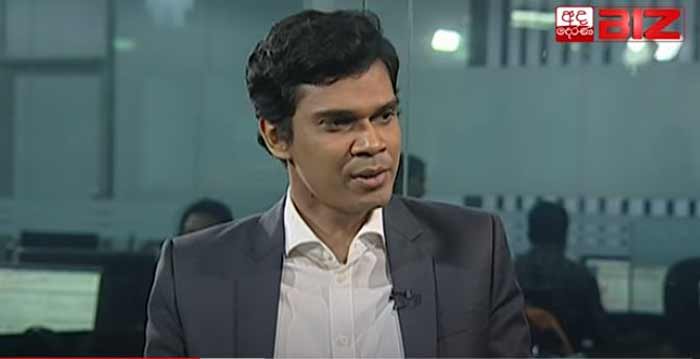August, 13, 2020

Sri Lanka's banking sector will face a sharp increase in non-performing loans (NPLs) in the second- quarter and beyond with the expiration of the moratorium period, analysts said.
"Asset quality in banks and finance companies was deteriorating for the last 3 years. The construction sector, which the banks had the highest credit exposure to, often suffered liquidity shortages as a result of the delays in receivables from the state sector. Consequently, the banks saw the construction-related non-performing loans (NPLs) rising. In addition, the tourism sector was impacted due to the constitutional crisis and the Easter attacks. We expect a sharp increase in NPLs of banks in the second- quarter and beyond with the expiration of the moratorium period," ICRA Lanka's Head of Research, Lalinda Sugathadasa said whilst speaking exclusively to Ada Derana Biz.
In response to the COVID-19 crisis the CBSL implemented several initiatives; policy rate cuts, releasing capital and liquidity buffers, relaxing administrative and supervisory compliance requirements, and implementing debt moratorium and credit schemes.
“These actions had a profound impact on the banking and the NBFI sector,” Sugathadasa stressed.
Meanwhile, releasing their Mid-year Economic Update, ICRA Lanka, which is a subsidiary of Moody’s Investor Services, stated that they have observed that the construction sector challenges cascading down to the NBFI sector, through small contractors, subcontractors, and other suppliers to the large construction companies as well.
“Gross NPA (Non-performing assets) level of the NBFI sector was close to 12% as of March 2020, and the same is expected to reach 16-18% by June 2020,” the credit rating agency stated.
Traditionally, the finance companies in Sri Lanka cater to informal and relatively vulnerable segments such as self-employed individuals, micro-businesses, SMEs.
These segments are among the hardest-hit segments due to the COVID crisis.
Despite the tax cuts by the government in the November 2019 budget, declining asset quality and falling NIMs had a direct impact on the profitability of the banking sector in 1Q 2020.
At the peak of the crisis in 2Q, ICRA Lanka believes that the profitability may have dropped further due to envisaged increase in impairment costs associated with the IFRS 9 standard.
“With IFRS 9 implementation, movement between delinquency buckets will have a more significant effect on credit costs (loan impairment provisions) of financial institutions. The impact on the profitability of finance and leasing sector would be much acute,” ICRA Lanka said.
Risk-weighted capital adequacy levels declined marginally during the first 3 months of 2020, due to credit growth and subdued profitability during the period.
ICRA Lanka expects the capital buffers to moderate further as the profitability is likely to be modest over the next 12M. In this context, the CBSL has relaxed the regulatory capital requirements that will help the FIs navigate the challenging period.
In terms of the growth outlook, despite the Government of Sri Lanka’s effort to drive credit growth, ICRA Lanka expects financial institutions to have a very low-risk appetite, as these institutions are already grappling with poor asset quality.
Video Story